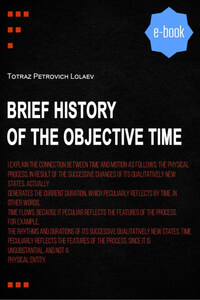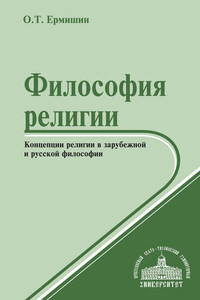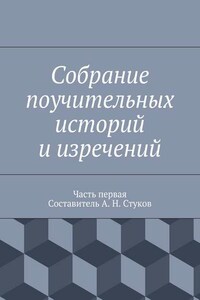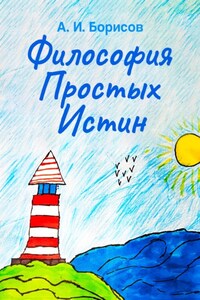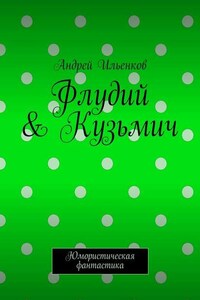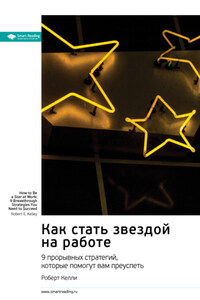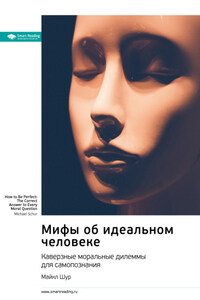All the concepts of time, including those of classical physics and the theory of relativity, are commonly known to be postulated and created by human mind. There is nothing corresponding to them in nature. Besides, those concepts interpret time in different ways. In our opinion, there is the only time in nature, it is the objective and real, functional time.
In this regard, this article studies the essence of the objective and real, that is, in author’s terms, functional time, which emerges and exists in nature and is not determined by a person’s consciousness.
According to our functional concept of time, a successive change in the whole new states of every tangible object and process (every object – process) determines a current duration, with that of the objective and real, functional time being its specific reflection. [3]
In other words, every specific object or process determines its own time, in which it exists. The fact is that the successive qualitative changes in a process inevitably result in a certain current duration, with that of the objective and real, functional time being its specific reflection.
It follows that time is the result of the functioning process. Consequently, time is a function of the process. Thus, time is not a universal form of matter, but a function of specific tangible objects and processes. [4]
The movement as a simple displacement does not determine the objective and real, functional time. The motion determines the emergence of time only in the observer’s mind, which makes it subjective.
Time emerges with objects and ends with the embodiment of their physical essence into subsequent objects. Object and time are inseparably associated. However, object has a physical essence and, in this regard, is a primary notion. While time is non – substantial (meaning it is neither a thing, nor a field, nor a special temporary substance). Therefore it is a secondary and derivative notion.
Since the functional time is formed by real objects having physical essence, it has a physical meaning.
Even Aristotle considered time following movement and in connection with it. In his opinion, nature is the origin of movement, and it is followed by time. [5]
Aristotle fairly pointed out both the objectivity of time and its non – substantialness stating that “time is not a movement, but it does not exist without the latter”. [6]
However, it was A. Einstein who recognized the non – substantialness of time in physical theory. He rejected the Newton’s substantial time and proposed the relational concept that sees time as non – substantial and not a physical essence.
G. Hegel also linked time with objects and processes. He wrote, “Things disappear not because they exist in time, but because they are temporary. Consequently, the process of actual things constitute time”. [5]
G. Hegel fairly asserted, “Everything is said to emerge and become in time… but it is not in time where everything emerges and becomes, rather time itself is emergence and becoming”. [6]
According to G. Leibniz, “time without things is only a perfect potentiality”. [7]
However, Hegel, like some other researchers who anticipated the concept of the objective and real, functional time (including Aristotle, Augustine, Leibniz, Bergson, Vernadsky, Einstein, etc.), did not completely reveal the mechanism of the connection between time and motion.
According to the functional concept, time is determined by all objects of micro-, macro- and megaworld.
Since the time is determined by specific objects, processes, it is always proper.
The existence of the objective and real, functional time can be illustrated by any visual physical process.
For instance, when a person observes a drop of ink falling into a glass of pure water, the process of merging causes a time – related perception in a person’s mind.
However, the process of merging the drop of ink and the water is successive qualitative changes that determine the objective and real, functional time. Moreover, in the first case is about the subjective time that only exists in the observer’s consciousness, while the second case regards to the objective and real, functional time that exists in nature.
In this example, the proper functional time emerges in a real experiment and exists independently of a person’s consciousness, while the process proceeds as such. In this regard, a current duration emerges regardless of the observer. Thus, it is nature that makes a specific physical process time – related and a subject that creates time perception for motion.
It follows that an object in motion can have time – related properties only from the observer’s perspective. The functional time results from a sequential change in whole new states of any object (both in motion and at rest).
In addition, if one observes ice turning into water, the observer perceives this process through the subjective flow of time.
However, what really is happening is the transition from one qualitative state into another subsequent one, which determines the emergence of the objective and real, functional time.
The objective existence of the functional time can be verified even if real processes are observed indirectly, i. e. through a microscope.
Let us refer to one more example. It also justifies that every object determines its proper objective and real, functional time. It is known that all medicines expire within certain timeframe of 2, 3, 4 years, etc. (the form it is stated in itself deduces that every object has its proper time, in which it exists, otherwise it would be impossible to determine the expiry date of each specific medicine).
